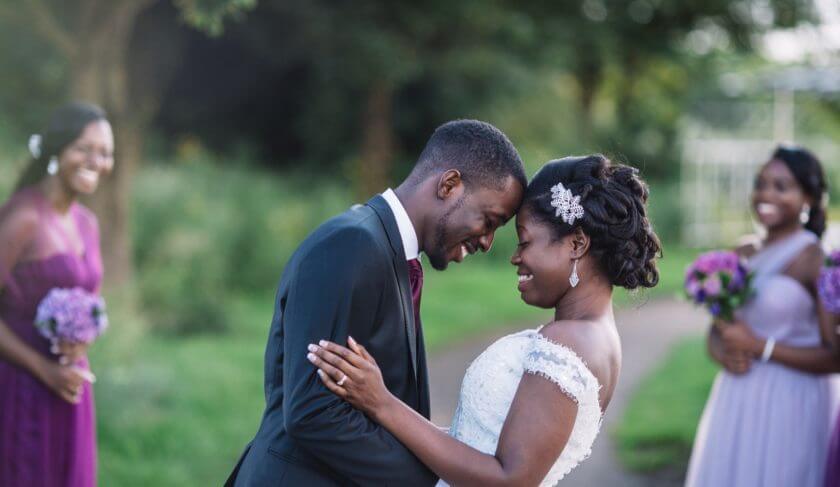
Planning to spend your life together with your partner is an exciting time. But it can be fraught with expectations and tough financial decisions and conversations.
Although marriage can be financially beneficial, sharing the wealth — and the debt, and the investment portfolio — can make you feel like you’re paying more than your fair share. Setting financial expectations from the start is important for protecting your assets in marriage. Relationships change if one partner comes into it with financial baggage.
So how do you protect yourself and your finances? Here’s what you need to know about marrying someone with no money (or limited money responsibilities).
SUBSCRIBE: Get the HerMoney newsletter delivered to your inbox every week. Jam-packed with tips and tools for managing money with a partner and beyond.
1. Start With an Honest Conversation
Asking your potential partner if they have a lot of debt is another big one.
“Debt can put a big strain on a marriage,” Dearing says. “Legally, you’re not liable for debt your spouse had before you got married. But once you’re married, you will likely be involved in paying off your spouse’s debts. That’s why it’s important to be open with about how much you owe before you get married. You’re building trust and teamwork by deciding together how to handle debt that’s still on the books.”
2. Should I Insist on a Prenuptial Agreement?
Dearing says it depends on the situation.
“If you’re getting married for the first time and either you or your spouse have significant assets or debts, it can be a good idea to plan how to handle these if the marriage doesn’t work out,” she says. “Don’t think of a prenup as a negative. Entering married life with these decisions made beforehand may take some pressure off your relationship. It’ll let you focus on enjoying your life together.”
When a prenup comes into play is if there are children from previous relationships, Dearing says.
“It’s not about anticipating the failure of your marriage,” she says. “The context of a prenuptial agreement should be, ‘How do we protect and provide for our extended families?’”
In this case, the prenup ensures your surviving spouse doesn’t change your estate plan. It also makes sure that your property will pass along to your children from a previous relationship rather than to your new spouse. It can even allow you to waive rights to your spouse’s life insurance or retirement to make your children the beneficiaries, Dearing explains.
You can present it in a positive or inclusive way, like making it part of your joint estate plan. Just make sure you have your own attorney review your plans before you sign anything. But if you don’t have children from a previous relationship, a prenup is much less important. In some cases, it could be counterproductive. So evaluate each situation on a case-by-case basis.
“You and your fiancé should create a relationship with a trusted Certified Financial Planner who will help both of you pull together all the important pieces of financial life,” Ballou says. “That helps frame this conversation more in the context of all the things ‘we’ need to do.”
FIXX YOUR FINANCES: Join Jean Chatzky’s money makeover with FinanceFixx. Get a coach, learn to make real changes, and see sustainable results fast.
3. Protect Your Assets
“Differences in spending habits and financial goals are precursors to divorces — and one of the biggest reasons why people divorce,” Hutchinson says. “(You want it to be) the strongest possible start…so when challenges arise, you have already had these conversations and don’t have to start from square one. It doesn’t mean you don’t trust or love (your spouse.)”
COMPARE: Looking to build your savings before marriage? Compare online savings rates from our partner Fiona.







